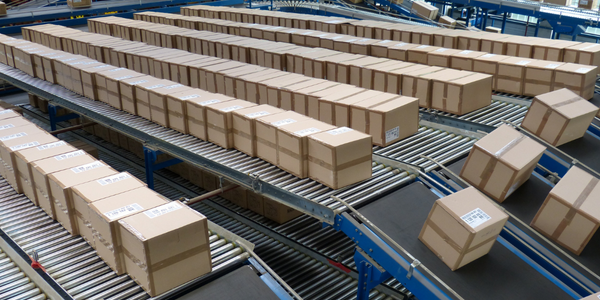Applicable Industries
- Electronics
- Packaging
Applicable Functions
- Product Research & Development
Use Cases
- Construction Management
- Construction Site Monitoring
About The Customer
Korg Italy is a subsidiary of the Japanese Korg corporation, established in 1995. The company is located in Osimo, an area known for its tradition in the manufacture of electronic musical instruments such as the famous console organ, a forerunner of today's digital keyboards. Korg Italy specializes in the design and production of high-end digital pianos and electronic arranger keyboards. The company is reinventing the universe of digital instruments by creating objects that can fit stylishly into a living space. Today, Korg is not just viewed as a maker of musical instruments, but also as a creator of innovatively designed objects.
The Challenge
Korg Italy, a subsidiary of the Japanese Korg corporation, specializes in the design and production of high-end digital pianos and electronic keyboards. The company faced a significant challenge in creating these sophisticated musical instruments that required accommodating intricate circuits and mechanisms while maintaining style and elegance. The design process often involved modifications to the internal component design during the product development process. These changes were often necessitated when engineers discovered that an electrical component was of a different size than initially envisaged. Making such alterations at an advanced stage in the product development cycle could lead to considerable costs. Furthermore, the company also had to manage the design of the packaging and cases for these instruments.
The Solution
Korg Italy adopted solidThinking Evolve to manage the frequent design modifications that occurred during the product development process. The Construction History feature of Evolve proved invaluable for the company, allowing them to maintain full control over the project through all its stages, from concept development to the construction of the mold. This solution enabled fast adaptation of an initial design in Evolve to accommodate a change to an engineered part. It also allowed the exploration of more design alternatives using the ConstructionTree, leading to increased design productivity. Additionally, Evolve was used for the design of packaging and cases for the musical instruments, further enhancing the overall aesthetic appeal of the products.
Operational Impact
Quantitative Benefit

Case Study missing?
Start adding your own!
Register with your work email and create a new case study profile for your business.
Related Case Studies.

Case Study
Remote Temperature Monitoring of Perishable Goods Saves Money
RMONI was facing temperature monitoring challenges in a cold chain business. A cold chain must be established and maintained to ensure goods have been properly refrigerated during every step of the process, making temperature monitoring a critical business function. Manual registration practice can be very costly, labor intensive and prone to mistakes.

Case Study
IoT Data Analytics Case Study - Packaging Films Manufacturer
The company manufactures packaging films on made to order or configure to order basis. Every order has a different set of requirements from the product characteristics perspective and hence requires machine’s settings to be adjusted accordingly. If the film quality does not meet the required standards, the degraded quality impacts customer delivery causes customer dissatisfaction and results in lower margins. The biggest challenge was to identify the real root cause and devise a remedy for that.

Case Study
Zenon the Ideal Basis for An Ergonomic HMI
KHS develops and produces machines and equipment for filling and packaging in the drinks industry. Because drinks manufacturing, filling and packaging consist of a number of highly complex processes, the user-friendly and intuitive operation of equipment is increasingly gaining in significance. In order to design these processes as simple as possible for the user, KHS decided to introduce a uniform, transparent and standardized solution to the company. The HMI interface should meet the requirement for people with different qualifications and enable them to work on a standard platform.

Case Study
Cloud Solution for Energy Management Platform-Schneider Electric
Schneider Electric required a cloud solution for its energy management platform to manage high computational operations, which were essential for catering to client requirements. As the business involves storage and analysis of huge amounts of data, the company also needed a convenient and scalable storage solution to facilitate operations efficiently.





